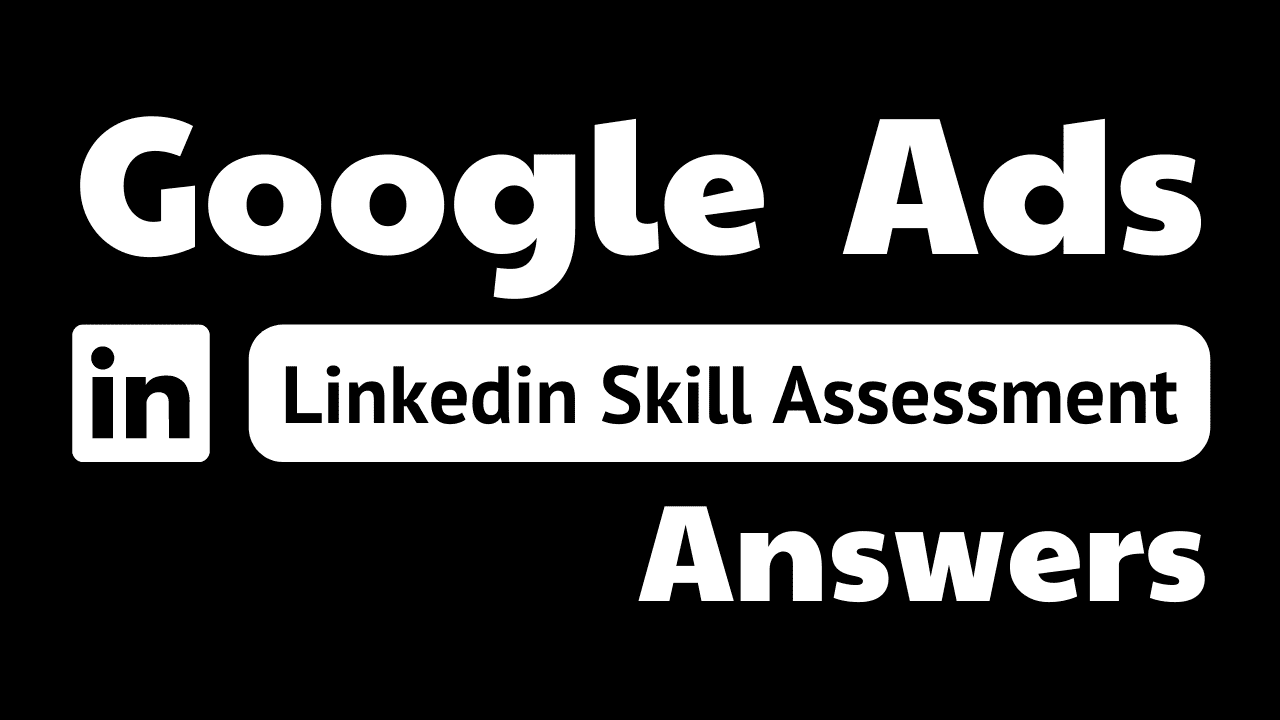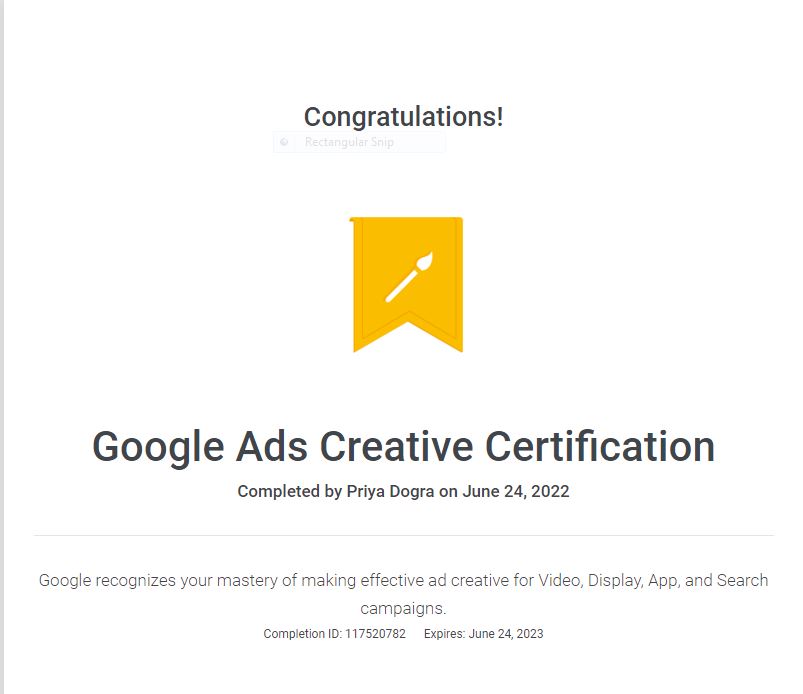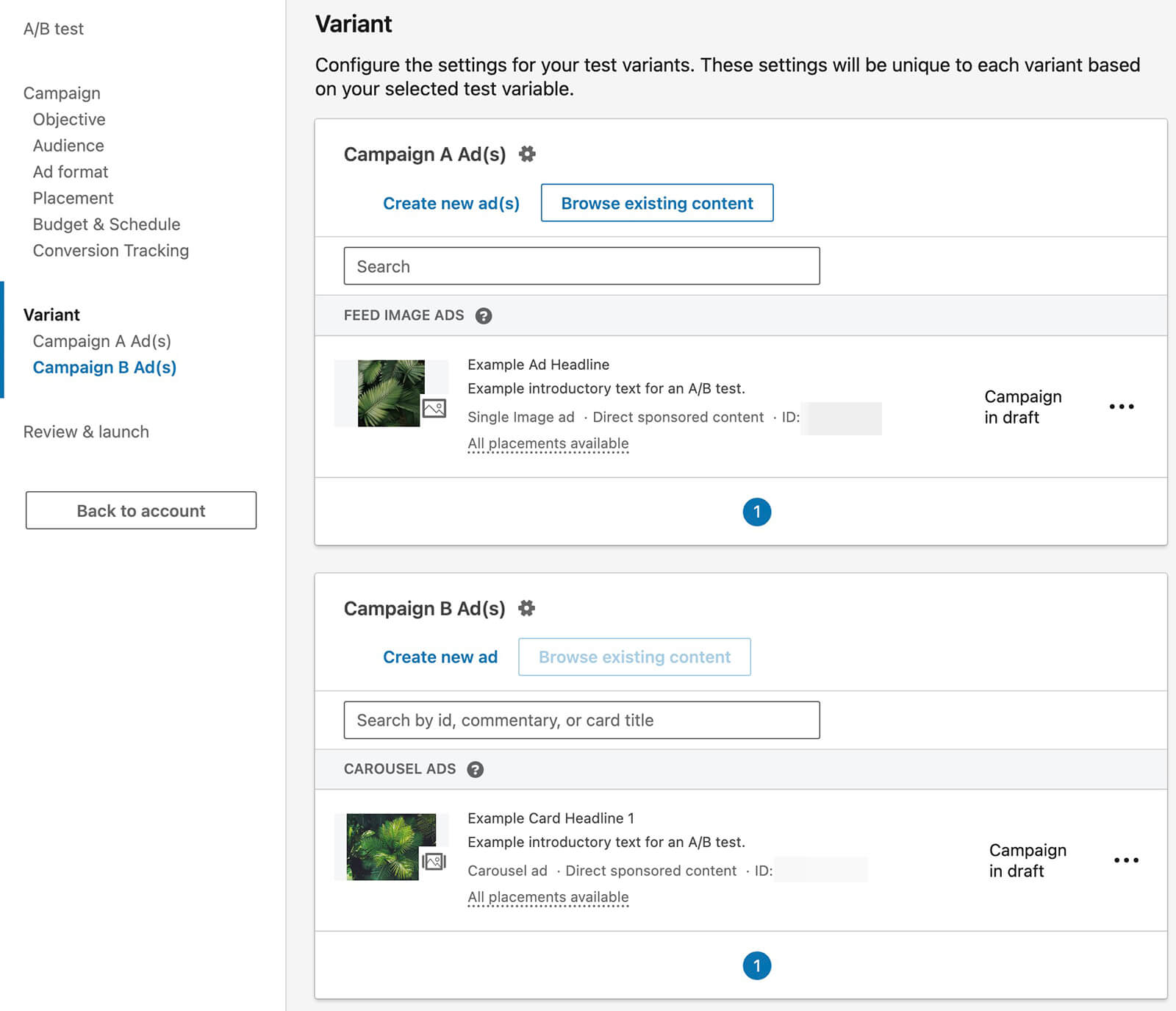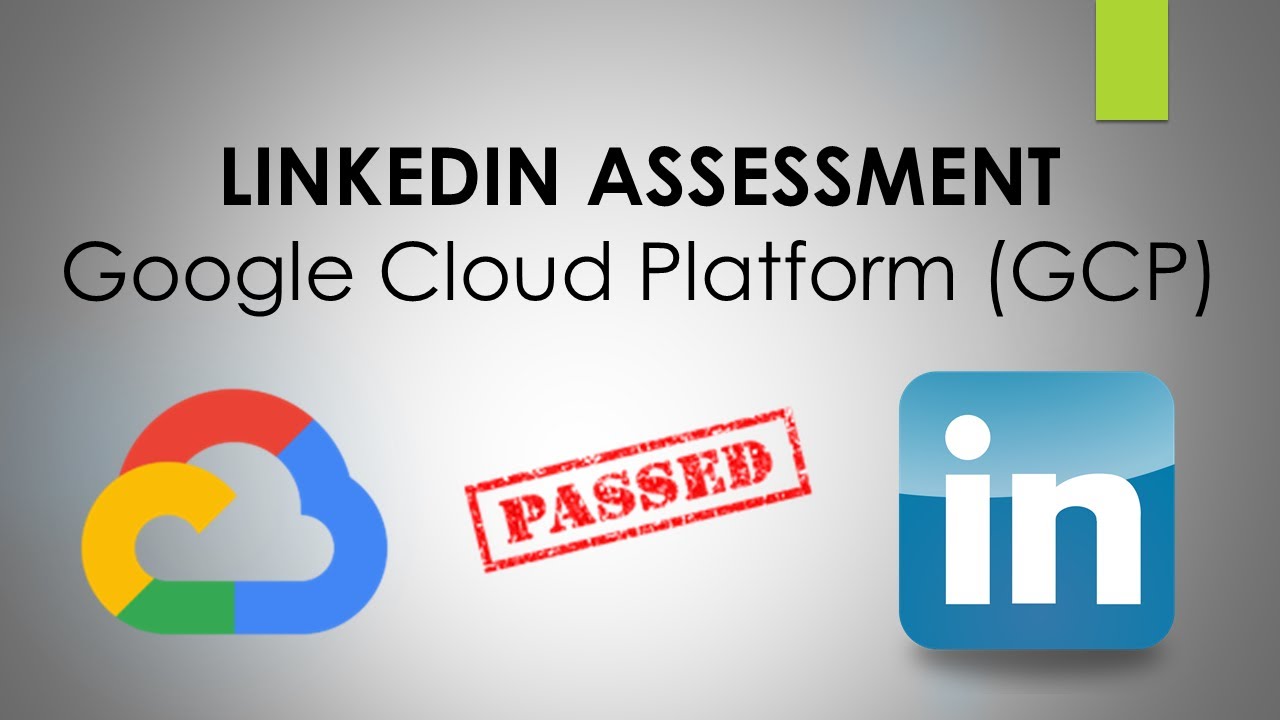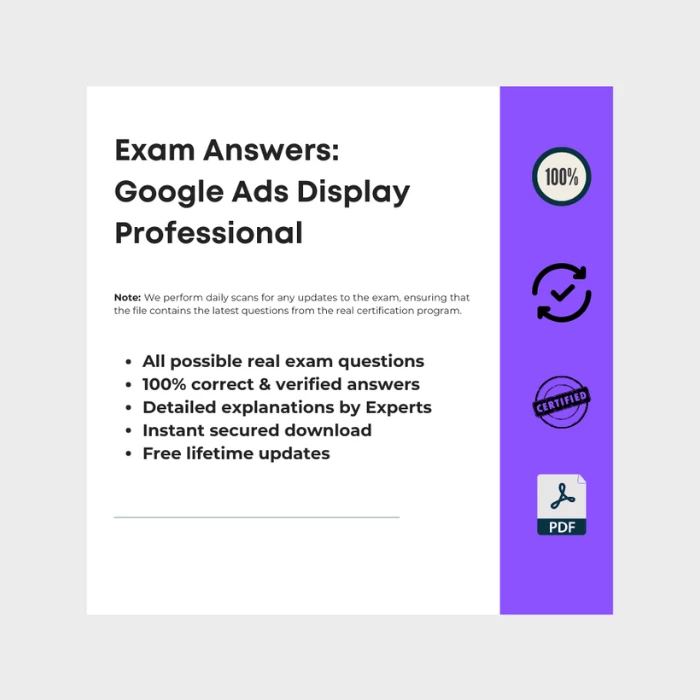Linkedin Google Ads Assessment Answers
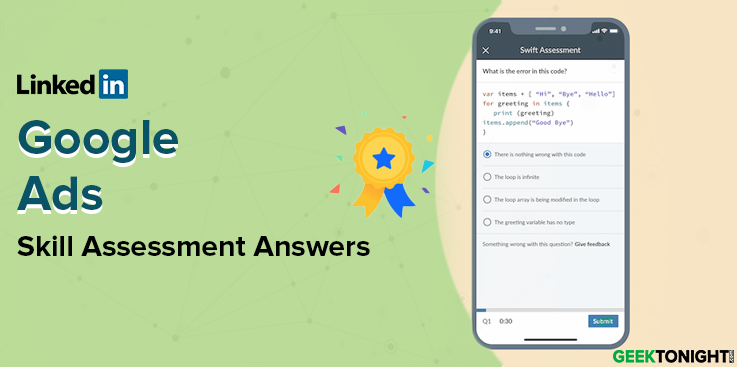
The seemingly innocuous pursuit of acing LinkedIn's and Google Ads assessments has spiraled into a controversial debate, questioning the value and integrity of these certifications. As answers circulate readily online, the industry grapples with the authenticity of claimed expertise and the devaluation of genuine knowledge.
At the heart of the controversy lies the accessibility of LinkedIn Skill Assessment answers and Google Ads Assessment answers. This availability undermines the tests' intended purpose – to validate professional competence. The widespread use of these readily available answers raises serious concerns about the true skill levels of individuals displaying badges, and the potential consequences for businesses hiring or partnering with these individuals.
The Rise of "Certified" Professionals
LinkedIn Skill Assessments and Google Ads certifications are designed to showcase proficiency. These achievements are often viewed as valuable credentials by employers and clients alike.
However, the open availability of test answers has created a landscape where individuals can obtain certifications without possessing the necessary skills. This "certification inflation" raises questions about the validity of these credentials.
Google and LinkedIn offer their certifications for free. The certification programs are important tool for both experienced and new digital marketers, but the question is whether the tests are truly useful to show the marketers' expertise.
The Problem of Readily Available Answers
A simple online search reveals numerous websites and forums dedicated to providing answers. These resources often offer updated answers for each assessment, making it easy for individuals to pass without genuine knowledge.
This accessibility encourages individuals to prioritize memorization over understanding, undermining the true spirit of professional development. It turns a valuable learning opportunity into a box-ticking exercise.
One user on a popular marketing forum expressed his concern saying, "I saw so many posts with exact answers to all questions, which are constantly updated."
Impact on Hiring and Industry Standards
The rampant availability of answers has a significant impact on hiring practices. Employers may find it challenging to differentiate between candidates who genuinely possess the skills and those who simply memorized the answers.
This can lead to misinformed hiring decisions and ultimately affect the quality of work delivered. Businesses risk investing in individuals who lack the ability to perform their duties, leading to financial losses and reputational damage.
A senior marketing manager at a leading e-commerce company stated anonymously, "We've had a few hires with these certifications who struggled to apply the knowledge in real-world scenarios. It's made us more skeptical of these credentials."
LinkedIn and Google's Response
Both LinkedIn and Google have taken steps to combat the issue. These steps include regularly updating their assessment questions.
However, the ease with which answers are disseminated online makes it challenging to stay ahead. The platforms are constantly engaged in a cat-and-mouse game with those seeking to exploit the system.
LinkedIn has also implemented measures to detect and penalize individuals who are found to be cheating. Yet, the sheer volume of users makes enforcement difficult.
A Call for More Rigorous Testing
Many industry experts advocate for more rigorous testing methods. These include incorporating practical application scenarios and case studies into assessments.
Moving beyond simple multiple-choice questions can provide a more accurate evaluation of an individual's true capabilities. A hybrid approach combining theoretical knowledge with practical skills could provide a more accurate picture.
Some also suggest that the assessments should be proctored to ensure fairness and prevent cheating. However, the cost and logistical challenges of proctoring thousands of assessments worldwide could be prohibitive.
The Future of Online Certifications
The controversy surrounding LinkedIn Skill Assessments and Google Ads certifications highlights a larger issue concerning the validity of online credentials.
The industry needs to re-evaluate how it validates professional competence in a digital age. A greater emphasis should be placed on verifiable experience and demonstrable skills.
Ultimately, the true value of any certification lies in the individual's ability to apply their knowledge effectively in real-world situations. The focus should be on learning and development, not simply acquiring badges.


